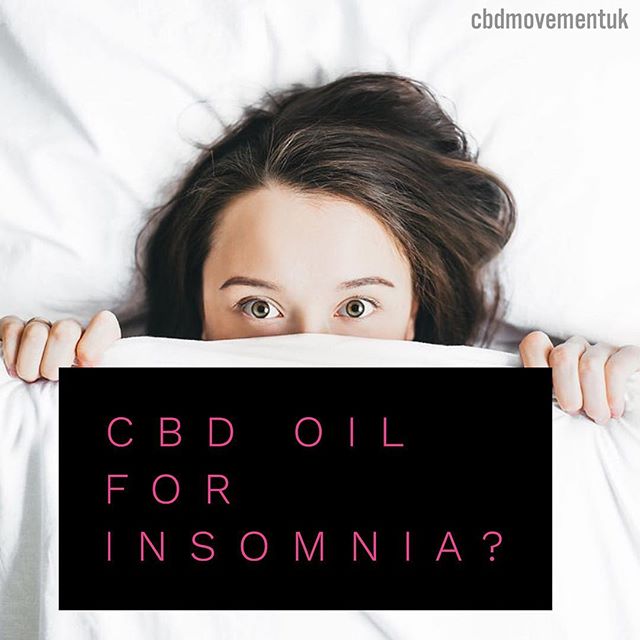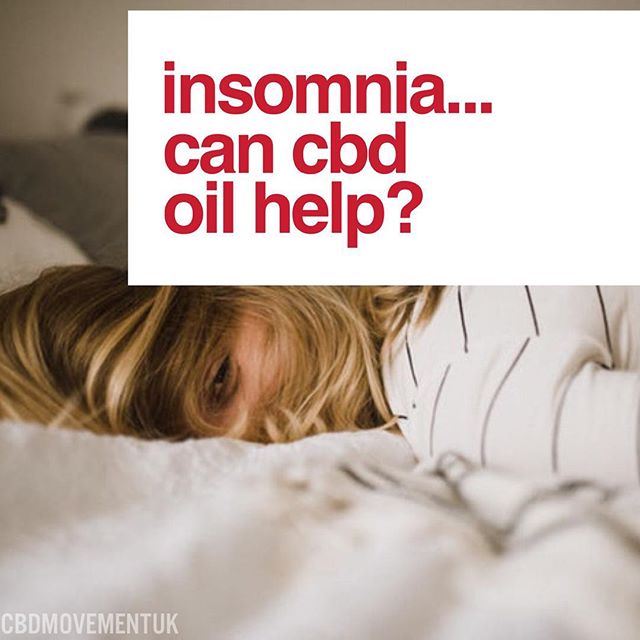
INSOMNIA
cbdmovementuk In the United States, approximately 70 million people suffer from insomnia, insufficient sleep or another sleep disorder. CBD has been mistakenly described as sedating. In modest doses, CBD is mildly alerting. Cannabidiol activates the same adenosine receptors as caffeine, a stimulant. But several patients with sleep issues report that ingesting a CBD-rich tincture or extract a few hours before bedtime has a balancing effect that facilitates a good night’s sleep.
Terpenes are essential oils found in all plants, flowers, vegetables and herbs, and they have healing properties by themselves. Several terpenes in cannabis are believed to have useful therapeutic properties.
Beta Caryophyllene, Linalool and Myrcene in particular have been identified as being potentially the most useful for those suffering from insomnia. Limonene, Phytol and Terpinolene are specifically mentioned as being potentially useful as a sleep aid.
Sublingual drops that you place under your tongue are the most popular choice for those looking for help with sleep or insomnia. Drops are the most popular way to take CBD oil and take effect relatively quickly. Just be sure to hold the drops under your tongue for at least 60-90 seconds. This allows the product to be absorbed into your bloodstream.
Oral consumption (capsules, gel caps and gummies), topicals and transdermals are also popular choices. Vaping a full spectrum CBD oil product can also be a good option for more instant results.
~ CBD Oil Users, “Best CBD Oil for Sleep & Insomnia”
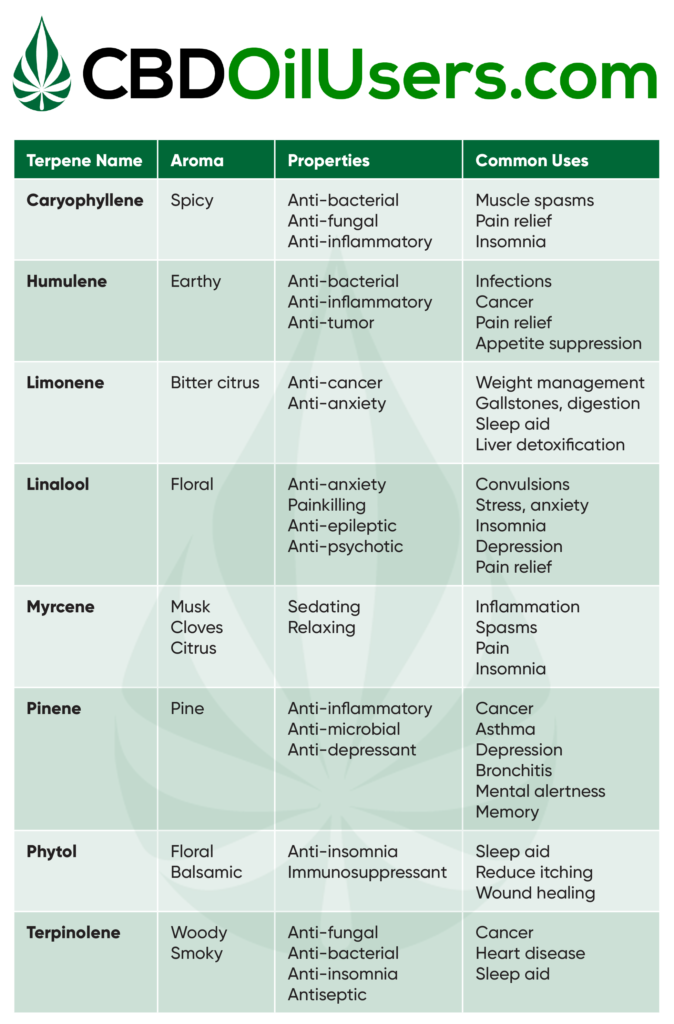
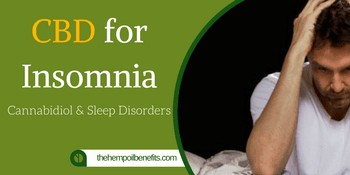
One such condition that can be treated with CBD, is Insomnia. In the United States alone, approximately 70 million citizens suffer from insomnia, and that figure grows significantly when the rest of the world is taken into account. It has been determined that, in certain dose, CBD can effectively treat insomnia, ensuring a good night’s rest without the alarming side effects of conventional drugs that are commonly used to treat insomnia.
CBD keeps you alert in lower doses, and induces sleep in higher doses..According to the most recent research, Cannabidiol (CBD) may be a viable option for treating people who suffer from insomnia. Different doses of CBD was administered to groups of rats in order to compare their sleep habits, and a control group was given no CBD at all.
Results were that those rats treated with CBD have shown a larger total amount of sleep time than those in the control group. CBD was found to have an overall effect of having larger amounts of total time sleeping.
It was also determined that the rats were less inclined to fall asleep during the daytime, resulting in the rats getting enough sleep during the nights, inducing a normal wake/sleep pattern.
Cannabinoids are the chemical compounds in cannabis. Different cannabinoids produce different effects depending on which receptors they bind to in the brain. The cannabinoid chart below shows which cannabinoids may help treat symptoms of different conditions. CBD, CBC, CBN and THC are identified as most relevant for insomnia and sleep apnea in particular.
Thus, those interested in CBD oil for sleep and insomnia may benefit the most from a full spectrum product that includes a broad range of cannabinoids. Isolates (i.e., products that only include CBD) may be less effective although each person is different.
The ProjectCBD.org website is a great resource for those interested in doing research about CBD oil. You can click here to view studies on CBD and sleep disorders at ProjectCBD.org.
~ CBD Oil Users, “Best CBD Oil for Sleep & Insomnia”
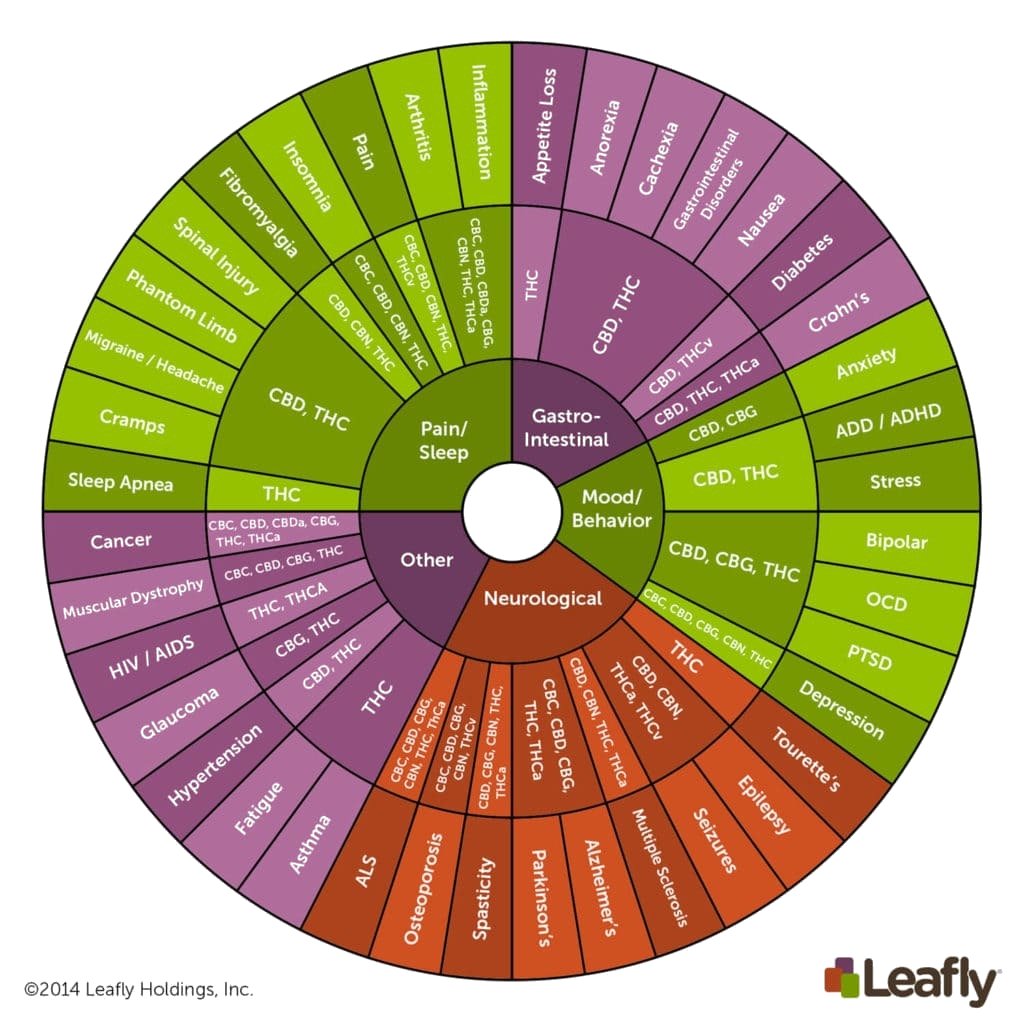
cbdmovementuk
CBD can give you relief from your restless nights. Research into cannabis and insomnia suggest that cannabidiol (CBD) may have therapeutic potential for the treatment of insomnia.
CBD Educational Video’s
Frequently asked questions
Decide how you want to take cannabis. Cannabis oil is available in sprays, capsules, edibles and other products.
Find your ratio. Cannabis products have varying amounts of CBD and THC. A high CBD or high THC product is not necessarily superior to a strain with a balanced ratio. Find the proper combination to optimize your therapeutic use of cannabis.
Begin with a low dose especially if you have little or no experience with cannabis.
Take a few small doses over the course of the day rather than one big dose.
Use the same dose and ratio for several days. Observe the effects and if necessary adjust the ratio or amount.
Don’t overdo it. “Less is more” is often the case with cannabis therapeutics.
Be aware of possible side effects. Cannabis is a safe and forgiving medicine.
Depending upon delivery method and individual tolerance, it can amplify anxiety and mood disorders. Other possible side effects are dry mouth, dizziness and faintness.
Consult your health counselor. Proceed cautiously, especially if you have a history of alcohol or drug abuse, mental illness, or are pregnant or breastfeeding.
Although banned by federal law, dosed cannabis medicine is currently available in the form of concentrated oil extracts, infused sublingual sprays, capsules, edibles, and other products. Potent cannabis oil extracts have varying ratios of CBD and THC that are calibrated to suit the needs and sensitivities of each patient.
For anxiety, depression, spasms, and pediatric seizure disorders, many patients initially find they do best with a moderate dose of a CBD-dominant remedy (a CBD:THC ratio of more than 10:1). But a low THC remedy, while not intoxicating, is not necessarily the best therapeutic option. A combination of CBD and THC will likely have a greater therapeutic effect for a wider range of conditions than CBD or THC alone. For cancer, neurological disease, and many other ailments, patients may benefit from a balanced ratio of CBD and THC. Extensive clinical research has shown that a 1:1 CBD:THC ratio is effective for neuropathic pain. Optimizing one’s therapeutic use of cannabis may entail a careful, step-by-step process, whereby a patient starts with small doses of a non-intoxicating CBD-rich remedy, observes the results, and gradually increases the amount of THC.
In essence, the goal is to self-administer consistent, measurable doses of a CBD-rich remedy that includes as much THC as a person is comfortable with.
The Biphasic Effect
Cannabis compounds have biphasic properties, which means that low and high doses of the same substance can produce opposite effects. Small doses of cannabis tend to stimulate; large doses sedate. Too much THC, while not lethal, can amplify anxiety and mood disorders. CBD has no known adverse side effects at any dose, but drug interactions can be problematic. An excessive amount of CBD could be less effective therapeutically than a moderate dose. “Less is more” is often the case with respect to cannabis therapy.
“Dosage is everything”—Paracelsus
Cannabis therapeutics is personalized medicine. The right treatment regimen depends on the person and condition being treated. For maximum therapeutic benefit, choose cannabis products that include both cannabidiol (CBD), a non-intoxicating compound, and tetrahydrocannabinol (THC), the psychoactive component of cannabis. CBD and THC interact to enhance each other’s therapeutic effects. They work best together. A patient’s sensitivity to THC is a key factor to determining the ratio and dosage of CBD-rich medicine. Many people enjoy the cannabis high and can consume reasonable doses of any cannabis product without feeling too high or dysphoric. Others find THC unpleasant. CBD can lessen or neutralize the intoxicating effects of THC. So a greater ratio of CBD-to-THC means less of a “high.”
CBD is one of over 60 compounds found in cannabis that belong to a class of ingredients called cannabinoids. Until recently, THC (tetrahydrocannabinol) was getting most of the attention because it’s the ingredient in cannabis that produces mind-altering effects in users, but CBD is also present in high concentrations — and the medical world is realizing that its list of medical benefits continues to grow.
CBD is the major nonpsychoactive component of Cannabis sativa. According to a 2013 study published in the British Journal of Clinical Pharmacology, CBD benefits including acting in some experimental models as an anti-inflammatory, anticonvulsant, antioxidant, antiemetic, anxiolytic and antipsychotic agent, and is therefore a potential medicine for the treatment of neuroinflammation, epilepsy, oxidative injury, vomiting and nausea, anxiety and schizophrenia.


